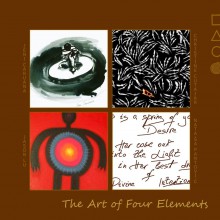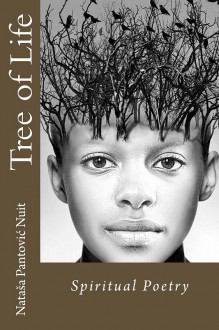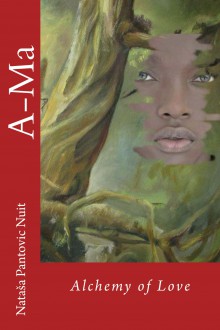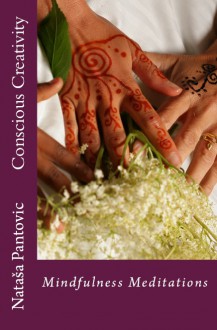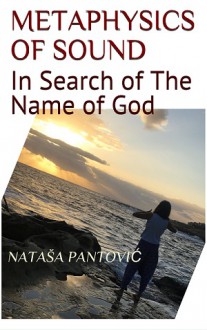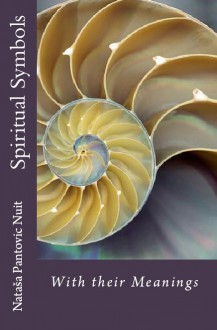Aristotle 380 BC and Christianity St Albert 1270 AC
https://www.artof4elements.com/entry/286/aristotle-380-bc-and-christianity-st-albert-1270-ac
Learning from Compendium Theologicae Veritatis 1250 AC and Neoplatonism Education, Symbols and Signs, Power of Mind, default
Christianity and Neo-Platonism
by Nataša Pantović
Just got hold of an eBook from the Maltese collection of antiques, Theology, from Albertus, Magnus, Saint, 11930-1280, Dominicans, Venice (Italy), Ripelin, Hugh, ca.1205 - ca.1270, Landino, Cristoforo, 1424-1504.

Compendium Theologicae Veritatis Manuscript 1 Malta Public Library Albertus Magnus Saint
In the Middle Ages, this book was considered to be the most widespread manual of Christian theology.
It was distributed, studied, researched, passed from a convent to the other as a Christian thought. Let me tell you why! The work is divided into seven parts treating different theological aspects of the Catholic faith from the Aristotle perspective! I am not joking! It was the famous Aristotle 380 BC, that Saint Albert paraphrased. So it was a real treat to see how deep Aristotle philosophy is engraved in the Christian thought!
Within the scientific observations of different types of atoms at similar energy levels, the states with the similar behaviour patterns are called: solid, liquid, gas, and plasma. The Ancient Greek system of Aristotle, a student of Plato attending the Plato’s Academy found in 387 BC in Athens, better known as the teacher, advisor, consultant of Alexander the Great who was the first one to travel to Egypt.
Aristotle was appointed as the head of the royal academy of Macedon Kingdom. During Aristotle's time (384–322 BC) in the Macedonian court, he gave lessons not only to Alexander, but also to two other future kings: Ptolemy and Cassander. During the reign of the Argead king Philip II (359–336 BC), for a moment in history Macedonia subdued mainland Greece and Thrace. His son Alexander the Great travelled to North Africa and far East and has died in Babylon in 323 BC in the city he planned to establish as his capital. Alexander's legacy includes the Greco-Buddhism, and the presence of Greek speakers in Persian lands.
Plato's own most profound philosophical influences are Socrates and Pythagoras.
Plato and Pythagoras shared a mystical approach to the soul probably influenced by Orphism.
Albertus Magnus, Saint Albert the Great
Albertus Magnus, also known as Saint Albert the Great or Albert of Cologne, was a German Catholic Dominican friar that during the 13th Century studied Aristotle and Plato and has written philosophical studies synthesising the work of the philosophers of Ancient Greek into the Christian doctrine.
Life of Albert the Great
Albert studded at the Italian University of Padua and was a lector at Cologne. Was sent to the University of Paris to complete his theological education and that was the time when he completed his major work. One of his students was believe it or not, St. Thomas Aquinas.
He died in 1280 and was buried in Cologne. In 1931 Pope Pius XI declared Albert a saint.
He paraphrased most of the works of Aristotle. He adopted the Aristotelian philosophical scientific program to prepare a unified theory of medieval Christian intellectual culture. Albert had a strong bias in favor of what we call today “Neo-Platonism”.
Together with his student Thomas Aquinas he supported this “natural philosophy” as a Christian philosophical vision.
He wrote commentaries on the Bible, commentaries on all the known works of Aristotle, Albertus undertook as he states “to make intelligible to the Latins” all the branches of natural science, ethics, metaphysics.

 Log in with Facebook
Log in with Facebook 
